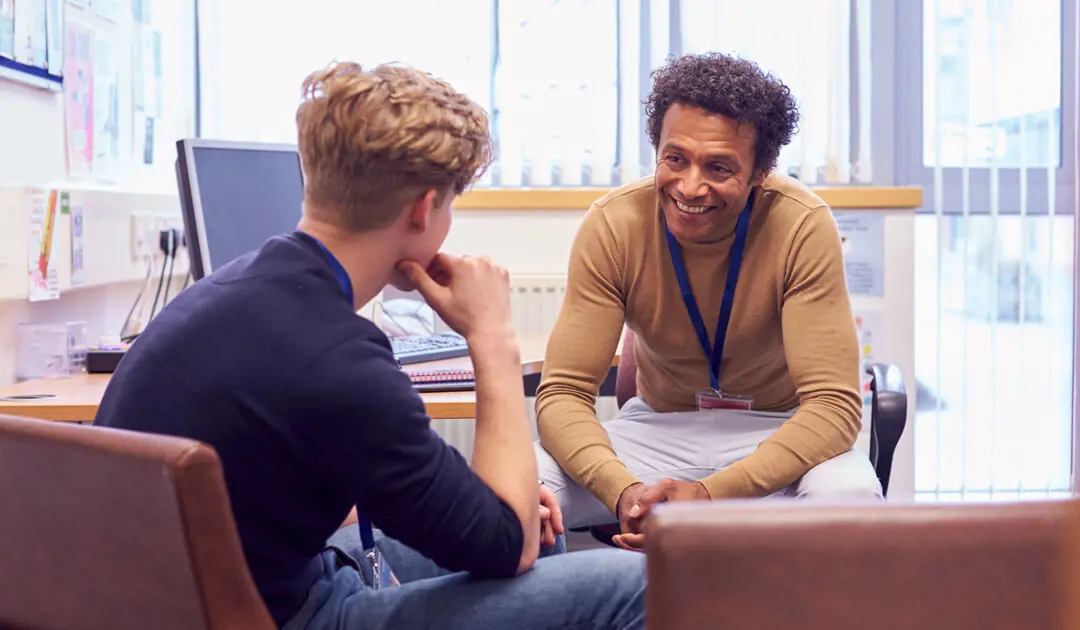CPI's Top 10 De-escalation Tips

We view humanity as full of potential, not hopelessly problematic.
Here on the blog, I recently took two weeks to break down CPI’s Top 10 De-Escalation Tips, one day at a time. In this post, you’ll find links to each of these tips in case you’d like to bookmark them for future reference. Each post discusses an individual de-escalation tip, shares relevant CPI resources that can deepen your understanding of the tip, and includes a handy visual aid that you can feel free to share.
CPI’s Top 10 De-Escalation Tips:
- Be Empathic and Nonjudgmental
- Respect Personal Space
- Use Nonthreatening Nonverbals
- Avoid Overreacting
- Focus on Feelings
- Ignore Challenging Questions
- Set Limits
- Choose Wisely What You Insist Upon
- Allow Silence for Reflection
- Allow Time for Decisions
In the light of the tragic disasters and violence which have made headlines with their brutality and upended communities with crisis, it feels almost glib to suggest that de-escalation is really ever this simple. The truth is that there is no magic recipe for keeping terrible things from happening in the world. But there is a way that you can respond to terrible events that is constructive, positive, and impacts real resolution. That’s why CPI training is not so much a series of steps as it is a philosophy for viewing humanity as full of potential instead of hopelessly problematic. CPI training is about support, not suppression, and about seeing each other with the humanity and compassion that each of us wants to be seen with.
We cannot control what happens in the world. We can control how we respond to it.
In a recent episode of Unrestrained, a CPI podcast, Certified Instructor and employment counselor Denise Esson shared this thought: “CPI training is not exclusive to workplace settings. It is meant to be used in the workplace, but I truly believe that you take it with you in your daily interactions with your family, your friends, your colleagues, customers, clients, neighbors, people walking by, driving. For me, it's those basic principles of the training that grow out of the basic principles of humanity and decency. Respect each other. Be a servant to each other. Keep each other safe. That's life. That's good living.”
Current events in the world remind us all too graphically that conflict and crisis are never as straightforward and simple in life as they are on paper (or in a blog post). That is why Denise’s observation is profoundly well-timed, and deeply insightful. By putting simple strategies to work in each element of our daily life, we acknowledge that we can’t control what other people may do, but we can set a stage of positive potential for what we do. We can prepare the spaces we inhabit to be more receptive to nonviolence, we can empower individuals to respond to crisis more mindfully and compassionately, and we can maintain more hope for healing and recovery from the traumas that crises and conflict can leave in their wake.
We each must do our part to create a culture of caring.
Can a stack of tips save the world? I know it’s not that simple. But a thoughtful, prepared, and supportive approach to the situations we face in life can help us navigate beyond crisis and toward connection. And connection should be the ultimate goal that we share as residents on this planet; we should all strive to deepen and sustain humanity and decency, or as we understand those values here at CPI—Care, Welfare, Safety, and Security℠. CPI training isn’t a magic wand that makes the world a better place, but it is a practical, meaningful process to equip yourself and your staff with the resilience, confidence, and hope to do just that.